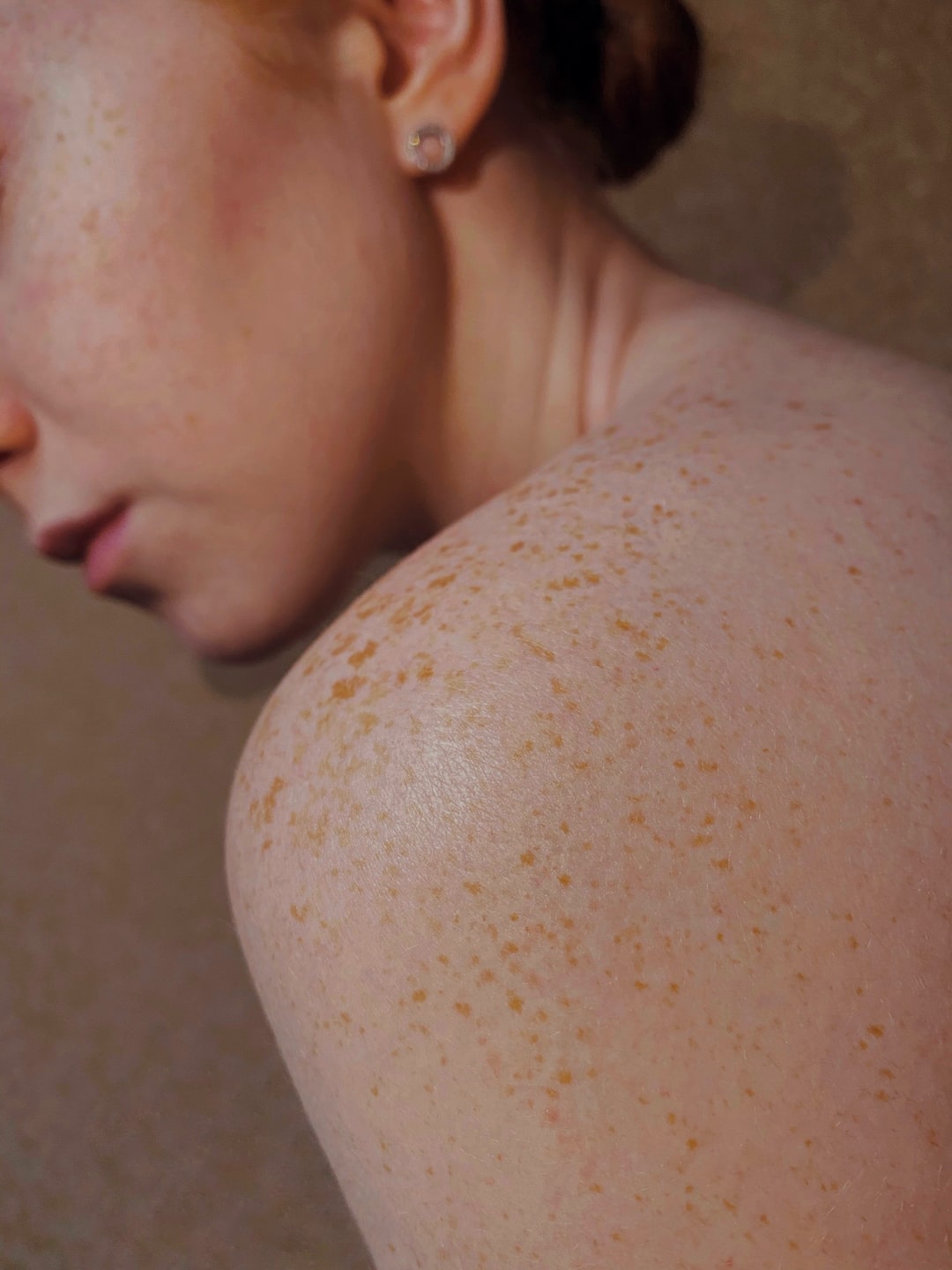Menopause is accompanied by several bodily changes, including changes in skin texture. These occur due to changes in the levels of sex hormones (estrogen and progesterone) in the body. While menopause has many side effects, including hot flashes and dry vagina, some of the most noticeable ones are visible on the skin. As you approach menopause, your skin is in a transformational stage and needs a special skincare regimen. Read on to learn more about the signs of menopause on the skin as well as the do's and don'ts of menopause skincare.
Symptoms of skin during menopause
Due to hormonal changes during menopause, your skin may feel thin and dry before and during this period, or you may start noticing more wrinkles. Some may even start developing acne. Collagen, a protein found in the skin, decreases by 30% in the first 5 years of menopause, then by about 2% per year for the following 20 or so years, according to the American Academy of Dermatology.
How can menopause damage your skin?
As your estrogen levels fall during menopause, collagen fibres of the skin start to degrade and lose their strength or elasticity. This makes your small blood vessels more vulnerable to injury and more likely to bleed and bruise. When your estrogen levels fall, the ratio of female hormones (estrogen) to male hormones (androgens) begins to change, which results in acne and excess facial hair. The quantity of sebum or oil in the skin pores rises as androgen levels rise. This may lead to an overgrowth of bacteria that produces spots that resemble acne.
What should you do for menopausal skincare?
Although there is no way to prevent the changes that can occur during menopause, lifestyle modifications, in-office procedures, and topical medications can help to some extent. The top five dos and don'ts of menopause skincare are listed below.
Five do's of menopause skincare
-
Start using hyaluronic acid or peptide-based products
Moisturize your skin frequently to balance the oils and treat any dryness caused due to the loss of collagen. It is crucial to ensure that your moisturizer contains ingredients such as hyaluronic acid and peptides that support the skin's ability to hydrate, regenerate, and repair itself.
-
Add retinol to your skincare regime
Incorporate retinol-based products into your skincare routine to help with collagen production. Retinol increases collagen production, treats acne, and enhances the texture of the skin. Adding hyaluronic acid and retinol to your skin care regimen boosts your skin health, makes it plump and helps with fine lines and wrinkles. You can try DermDoc serums like DermDoc Age repair face serum with retinol and niacinamide that removes hyperpigmentation and works on fine lines and wrinkles.
-
Invest in a potent eye cream
The area around the eyes is very thin and sensitive as compared to other parts of the face. Under eye area needs special attention, especially during the menopausal phase. Use a retinol or niacinamide-based under-eye gel to reduce puffiness and strengthen the under-eye skin.
-
Make sunscreen your best friend
Sunscreen is highly valuable for maintaining healthy skin. Your skin is more vulnerable to sun damage during the menopausal phase. Applying sunscreen with SPF 30 and above every day, even when you are indoors, and reapplying it after 2–3 hours, can significantly improve the health of your skin and delay the onset of age-related changes. You can consider using DermDoc sunscreens such as DermDoc Sun Protection Gel Cream with SPF 30 & PA+++ and DermDoc UVA & UVB Broad Spectrum Sun Protection Gel Cream with SPF 50 & PA+++ for optimum sun protection.
-
Start a minimalistic AM–PM skincare routine
Your skin becomes dry, sensitive, and more susceptible to environmental stresses as you age. You don't want to put your skin under any additional strain in that situation. Therefore, keep a minimal AM–PM skincare routine that is appropriate for your skin's condition. A targeted skincare regimen based on the state of your skin can work wonders. For menopausal acne, you can consider using a facewash with salicylic acid such as DermDoc Salicylic acid face wash. Similarly, if you have dry or sensitive skin, you can start using products that seal in moisture and don't overdry your skin. You can use DermDoc skin plumping face serum and DermDoc 1% pure hyaluronic acid face cream to hydrate and nourish your skin.
Five don'ts of menopause skincare
-
Use anything that dries your skin
Your skin starts to become dry as you age because your skin barrier becomes thinner and loses moisture easily. To prevent stripping the skin's natural oils, avoid using any harsh cleansers and switch to hydrating facewashes that can cleanse your skin without overdrying your face.
-
Wait for skin treatment before it is too late
Taking the time to create a personalised skincare routine in your 20s or 30s is a great way to ensure optimal skin health before the onset of menopause. Knowing your specific skin type will enable you to keep track of how it evolves over time and adjust your routine as necessary.
-
Rubbing your eyes too much
Constantly rubbing your eyes leads to fine lines and dark circles by triggering inflammation. If your under-eye area is dry and that is the cause behind the itching, use an under-eye gel to soothe your eyes and decrease puffiness and itching.
-
Not using sunscreen indoors
Your skin becomes more sensitive to damaging UV rays as you start ageing. As a result, it is more crucial than ever to use SPF daily to protect and maintain the health of your skin. Wear a broad-spectrum sunscreen every time you head out and also if you are sitting inside your home. Glass windows block UVB rays, but not UVA rays, which can penetrate the skin more deeply than UVB rays and are the primary cause of photo-ageing, which manifests itself as wrinkles, dark spots, and dull skin.
-
Over-exfoliating your skin
Over-exfoliating your skin can cause redness and irritation. Instead, include retinol and peptides, two anti-ageing super ingredients, in your regular skincare regimen. While retinol also has exfoliating action and encourages cell turnover for thick, plump skin, the peptides encourage collagen production for firm skin and improve the skin barrier.
Conclusion
Menopausal skin is relatively delicate and requires special care. During menopause, using skin-specific products will keep your skin nourished and delay the onset of wrinkles, hyperpigmentation, and dryness.
Choose from DermDoc's affordable and clinically proven skincare range to add a difference to your skin.

